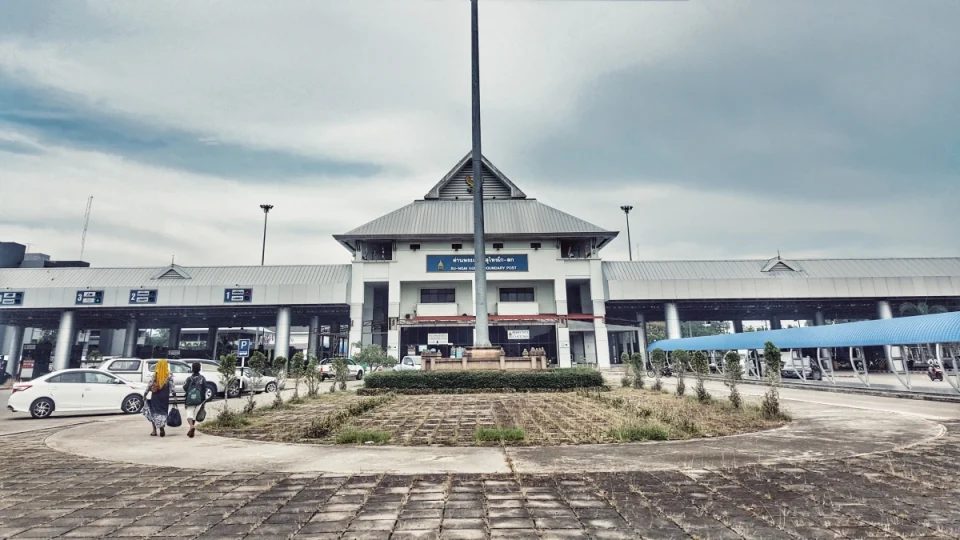Border and transit trade during the first half of this year reached 912 billion baht, reflecting a 3.6% increase, according to the Foreign Trade Department.
Ronnarong Phoolpipat, the director-general of the department, reported that border and transit trade in June alone was valued at 162 billion baht, marking a 7.05% rise. Of this, exports were worth 96 billion baht, down 0.89% year-on-year, while imports rose to 65 billion baht, an increase of 21.3%, leading to a trade surplus of 31 billion baht.
For the first six months of 2024, the overall value of 912 billion baht can be attributed to a growing demand for Thai goods. Exports totaled 534 billion baht, showing a year-on-year increase of 3.1%, while imports were at 378 billion baht, up by 4.3%, resulting in a trade surplus of 156 billion baht.
Trade with the four neighboring countries amounted to 493 billion baht, which is a 2.6% increase. Exports accounted for 305 billion baht, a 1.5% rise from the previous year, whereas imports decreased by 4.6% to 188 billion baht, yielding a trade surplus of 117 billion baht.
In terms of value, Laos had the highest border trade figures at 150 billion baht, followed by Malaysia at 149 billion baht, Myanmar at 107 billion baht, and Cambodia at 88 billion baht. Key products in border trade included diesel (23 billion baht), refined oil (10 billion baht), and concentrated latex (8 billion baht).
Transit trade, which refers to trade through border checkpoints to third-party countries, totaled 419 billion baht in the first half, showing a 4.8% increase. Exports represented 229 billion baht, up 5.4%, while imports grew by 4.0% to 190 billion baht.
China led in transit trade value at 244 billion baht, an increase of 14.3%, followed by Singapore at 53 billion baht (down 10.3%) and Vietnam at 36 billion baht (down 6.6%). Significant transit trade products included fresh durian (68 billion baht), hard disk drives (41 billion baht), and technically specified rubber, known as block rubber (20 billion baht).
In related news, Mr. Ronnarong mentioned that Commerce Minister Phumtham Wechayachai has instructed the department to investigate the decline in border trade. The department is also in discussions with relevant agencies about utilizing alternative border checkpoints for transporting goods should conflicts escalate in Myanmar, such as the Ranong Port and Singkhon checkpoints in Prachuap Khiri Khan.
Additionally, a recent measure implemented in Laos prohibits the import of agricultural products at local checkpoints that can be produced domestically, except at international border checkpoints with plant and animal quarantine facilities to mitigate smuggling risks. Mr. Ronnarong affirmed that this measure would not negatively impact Thailand’s business sector.
He also stated that the ministry is dedicated to enhancing cross-border and transit trade as part of the government’s investment promotion strategy for 2024-2027. This strategy involves collaboration with pertinent state agencies to facilitate cross-border trade initiatives such as trade fairs, seminars, and online business matching. Key partners include the Internal Trade Department, the Export-Import Bank of Thailand, the Small and Medium Enterprise Development Bank of Thailand, and the Bank for Agriculture and Agricultural Cooperatives.
Trade fairs have already taken place in Mukdahan from February 29 to March 3 and in Kanchanaburi from June 27 to 30 this year, with another event planned for Songkhla province from August 15 to 18 in collaboration with the Malaysian External Trade Development Corporation and Malaysia’s GISB Holdings.





